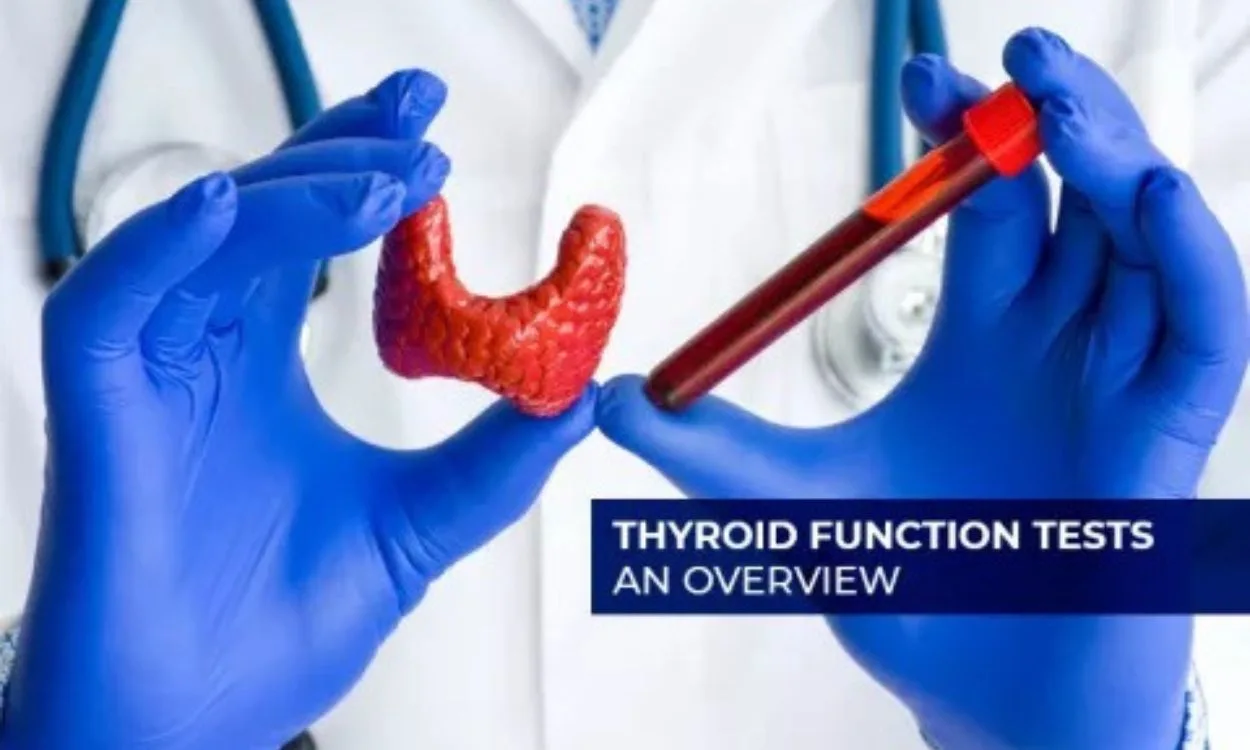How is Thyroid Function Tested?
Introduction
Thyroid function plays a crucial role in regulating various bodily functions, including metabolism, growth, and development. When there is an imbalance in thyroid hormone levels, it can lead to various health issues. Therefore, it is important to understand how thyroid function is tested in order to diagnose and manage thyroid disorders effectively. In this article, we will discuss the different methods used to test thyroid function and provide useful information for individuals seeking to understand thyroid testing.
Thyroid Function Tests
Thyroid function tests are a group of blood tests that measure the levels of thyroid hormones and other related substances in the bloodstream. These tests help to evaluate the overall function of the thyroid gland and diagnose any potential thyroid disorders. The most common thyroid function tests include:
- TSH (Thyroid-Stimulating Hormone) Test: This test measures the levels of TSH, a hormone produced by the pituitary gland that stimulates the thyroid gland to produce thyroid hormones. Elevated TSH levels indicate an underactive thyroid (hypothyroidism), while low levels suggest an overactive thyroid (hyperthyroidism).
- T4 (Thyroxine) Test: The T4 test measures the levels of thyroxine, the main thyroid hormone produced by the thyroid gland. Abnormal T4 levels can indicate an imbalance in thyroid function.
- T3 (Triiodothyronine) Test: Similar to the T4 test, the T3 test measures the levels of triiodothyronine, another thyroid hormone. T3 levels may be affected in certain thyroid disorders.
- Thyroid Antibody Tests: These tests are used to detect the presence of antibodies that attack the thyroid gland, indicating autoimmune thyroid diseases such as Hashimoto’s thyroiditis or Graves’ disease.
- Thyroid Ultrasound: An ultrasound is a non-invasive imaging test that uses sound waves to create images of the thyroid gland. It can help identify structural abnormalities, such as nodules or enlargement, which may require further investigation.
Interpretation of Thyroid Function Tests
Thyroid function tests provide valuable information about the functioning of the thyroid gland. The results of these tests are interpreted by comparing the hormone levels with the reference range established by the laboratory. It is important to note that reference ranges can vary slightly between laboratories, so it is best to consult with a healthcare professional for a proper interpretation of the results.
Here is a general guideline for interpreting thyroid function test results:
- TSH: Elevated TSH levels indicate an underactive thyroid (hypothyroidism), while low TSH levels suggest an overactive thyroid (hyperthyroidism). Normal TSH levels typically range from 0.4 to 4.0 mU/L.
- T4: Low T4 levels may indicate hypothyroidism, while high T4 levels can be a sign of hyperthyroidism. The normal range for T4 levels is approximately 4.5 to 12.5 micrograms per deciliter (mcg/dL).
- T3: Similar to T4, low T3 levels may suggest hypothyroidism, while high T3 levels can indicate hyperthyroidism. The normal range for T3 levels is around 80 to 200 nanograms per deciliter (ng/dL).
- Thyroid Antibody Tests: Positive results for thyroid antibodies indicate autoimmune thyroid diseases, such as Hashimoto’s thyroiditis or Graves’ disease.
It is important to note that a comprehensive evaluation of symptoms, medical history, and physical examination is necessary to make an accurate diagnosis. Thyroid function tests are just one piece of the puzzle.
Conclusion
Thyroid function tests are essential tools for evaluating thyroid hormone levels and diagnosing thyroid disorders. By measuring TSH, T4, T3, and thyroid antibodies, healthcare professionals can assess the overall function of the thyroid gland and determine an appropriate treatment plan. If you suspect you have a thyroid problem, it is recommended to consult with a qualified healthcare professional who can guide you through the testing process and provide personalized care.
Introducing Fitpaa: Achieve Your Health & Fitness Goals
If you are looking to optimize your overall health and well-being, the Fitpaa app can assist you on your journey. With a team of dedicated fitness planners, nutritionists, fitness coaches, and doctors, Fitpaa offers a comprehensive approach to help you achieve your health and fitness goals. The Fitpaa Capsule, a personalized health and fitness plan, is designed to optimize your metabolism, burn unhealthy fat, and regulate various hormones.
By following your Fitpaa Capsule and utilizing the Fitpaa app’s features, such as the virtual workout trainer, diet tracker, and real-time guidance technology, you can stay motivated and track your progress effectively. Fitpaa’s goal-oriented services come with a lifetime validity, ensuring that you achieve your health and fitness goals with a 100% guarantee.
To experience the benefits of Fitpaa and begin your journey towards a healthier lifestyle, download the Fitpaa app today. Your well-being is our mission, and we are passionate about helping you transform your life. Take the first step and embark on a journey of self-improvement with Fitpaa.









